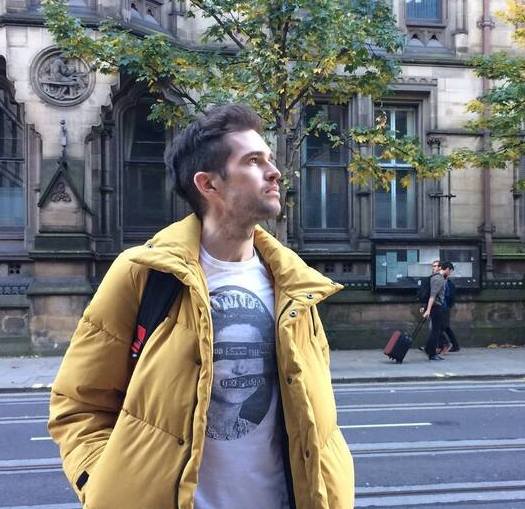2020 saw a huge pivot in many people's thinking, with more and more of us realizing that the world needed a major reset. Sadly, that reset had to come at the instigation of a worldwide pandemic. But if the coronavirus taught us anything, it’s that things need to change in the world — and change fast.
At the heart of so much are businesses. They sustain the economy, and therefore our livelihoods.
But they can do so much more than that. Businesses, when run ethically, can also sustain local communities, as well as the planet itself.
In this article, NatureHub is going to take a look at what an ethical company is exactly — as well as how you can spot one. This will help you become a more conscious consumer who, more often than not, does the right thing (and shops at the right places).
An ethical business is sustainable
Sustainability is one of the main things you should look out for when weighing up how ethical a business is.
What does sustainability in business mean?
It generally refers to how the business in question considers their impact on the environment and society. Their goal should be to have a positive impact in those areas (or, at least one of them). This can mean sourcing their products locally and/or donating to local charities.
For instance, maybe a business uses sustainable materials during manufacturing, or perhaps they’ve optimized their supply chain so as to keep greenhouse gas emissions down. Or maybe they’ve set up a local charity aimed at helping children play sports.
Whatever it is they’re doing, they’re doing the right thing for the planet and their local community.

An ethical business is transparent
One of the telltale signs that a business might not be very ethical is if they keep a lot of things a secret.
For example, let’s say you wish to find out where they source their materials. As you try to do your research, you run into dead-end after dead-end. And when you contact the business for answers, you’re met with silence.
Maybe eventually you’re even blocked!
Ethical companies are proud to give you insights into the way they run. They’re happy to chat with you and share information, and they definitely won’t keep things a secret.
Normally, they’ll add stuff to their homepage. But if you can’t find anything there, they won’t ignore you if you get in touch with a few questions.
So, vagueness and silence = probably not ethical.
An ethical Business is (possibly) fair trade
No, not every single ethical business in the world is necessarily fair trade.
But if a business is fair trade certified, it’s a guarantee of their ethics.
Fairtrade is “an arrangement designed to help producers in growing countries achieve sustainable and equitable trade relationships.”
In other words, when a company is fair trade, the people making their products in developing countries are paid a fair wage.
Examples of such companies include Arena Flowers, Divine Chocolate, and Clipper Tea.
How to spot a fair trade company?
Usually, the business will add the fair trade logo to their homepage. If it isn’t there, it will be on their “About Us,” page, as well as on their products.

… They also might have other certifications
Alongside fair trade certificates, an ethical business might have other certifications that helps you identify them as a green business. Certificates to watch out for include Certified B Corporation, GoodWeave and Global Recycled Standard.
Also, look out for greenwashing
One of the very first articles I ever wrote for NatureHub was on the subject of greenwashing.
Greenwashing is when a business pretends to be ethical/sustainable. It splashes huge amounts of cash on marketing campaigns that cover up what it’s really getting up to. It skews numbers and basically presents itself as some sort of Captain Planet, when nothing could be further from the truth.
A lot of the time, it comes down to a company misleading their customers with false claims. For example, they might claim that their plastics are “environmentally possible” when the reality is a lot different.
Indeed, the number one sign that a company is guilty of greenwashing is when they oversell the green benefit of their products … even though it’s clear that, with a little bit of research, there is literally no green benefits whatsoever.
How to spot greenwashing?
- If a company makes a bold, green claim — verify it yourself
- They use plastic but claim to use “good” plastic. Um, nope! Plastic is always plastic
- If a company claims to be vegan and cruelty-free, make sure to do some more research
- “Natural” and “organic” sound great — but, again, you’ll still need to do your own research if something feels off
Conclusion
Sustainability and ethics in business are important for a variety of reasons. They not only help the planet, but they push the employees to do better, too, and they also influence the wider community in a positive way.
And because so many of us interact with businesses each year in different ways, it’s a smart idea to do what you can to identify ethical businesses, and to shop with them and align yourself with their goals.
Looking for ethical and sustainable businesses near you? Be sure to check out


